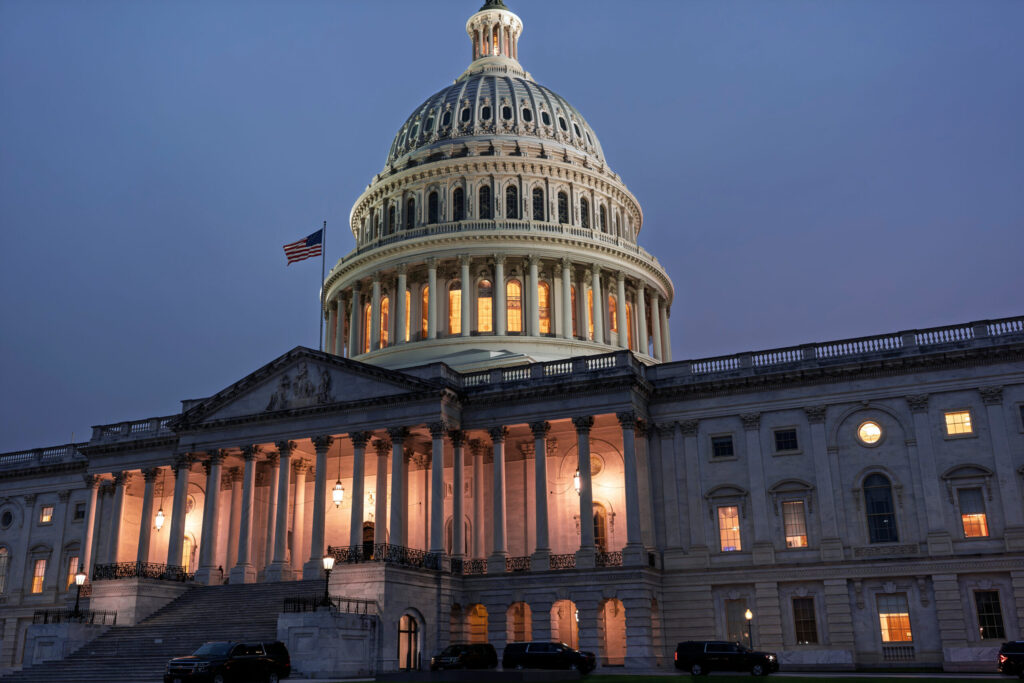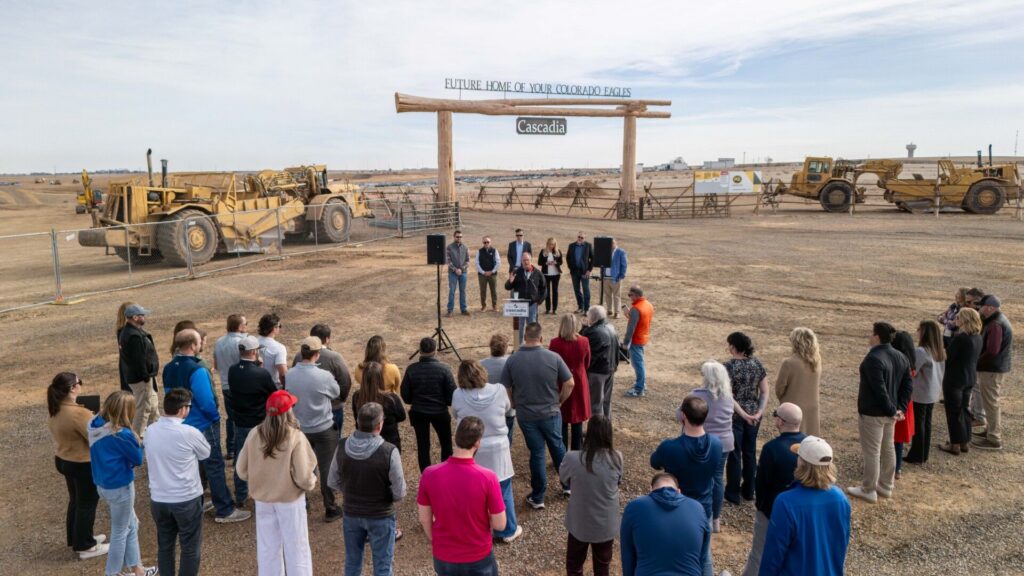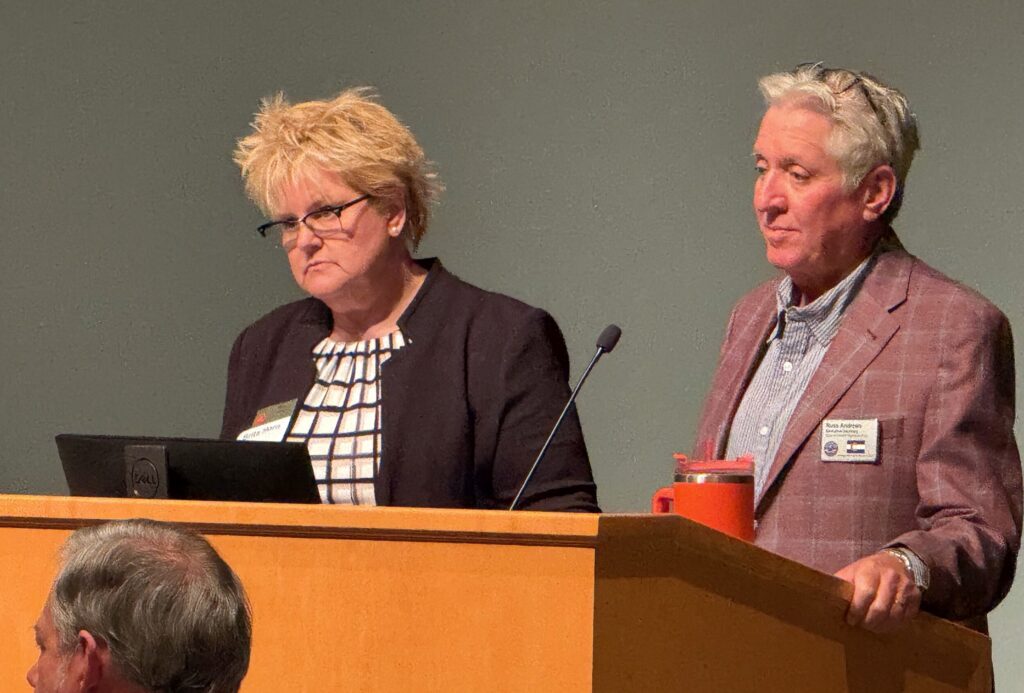Denver is told ‘no’ again on its policy banning suspects from parks
Authorities can’t ban people from a public place, like a park, merely on the hunch they’re up to no good. That’s the upshot of a Denver District Court ruling this week against a Denver policy that authorized police to banish suspected drug peddlers from city parks.
It’s the latest turn in a saga that began a year ago when Denverite Troy Holm was banned from Denver’s Commons Park by a police officer who said he had seen Holm illegally in possession of marijuana. Under the policy implemented by the city last year, Holm wasn’t arrested or charged with a crime; he was handed a document informing him he was banned from the park for three months. When he allegedly returned only days later, he was charged with trespassing under the same new law.
Smelling a rat and, perhaps, an eventual court victory, the Colorado chapter of the American Civil Liberties Union stepped in and represented Holm. A county court judge tossed out the charges against Holm last February, calling the policy unconstitutional, and the city appealed. This week’s ruling reaffirmed that earlier court decision.
The ACLU offered this take in a press release:
“By authorizing police to issue so-called ‘Suspension Notices’ that immediately made it a crime to enter a public park, Denver attempted an end run around the Constitution and the Bill of Rights,” said ACLU of Colorado Legal Director Mark Silverstein. “The court’s ruling affirms a bedrock principle of due process: the government cannot take away our rights without first providing, at a minimum, notice of the accusation and a fair opportunity to defend against it.”
… According to the directive, a person “need not be charged, tried or convicted of any crime, infraction, or administrative citation” for a suspension notice to be issued or effective.
… In Wednesday’s ruling, the court said that the use of public facilities such as parks is a “fundamental” right that can be outweighed only by “compelling governmental interests.” In this case, the court said, Denver abridged a “natural, essential and inalienable right” to be present in public spaces, without notice and an opportunity to be heard.
From the city’s perspective, the policy was a means of stemming a wave of illegal drug sales and use in city parks, and neighbors had been clamoring for a crackdown. Evidently, the city will have to find another way to fight that fight. If that wasn’t clear in last February’s ruling, it should be clear by now.











